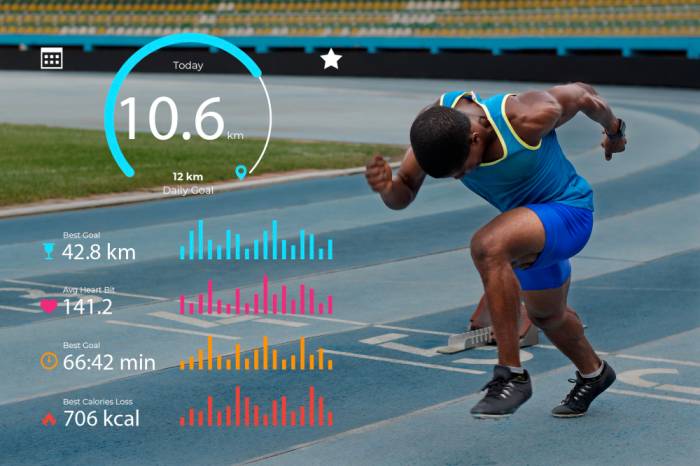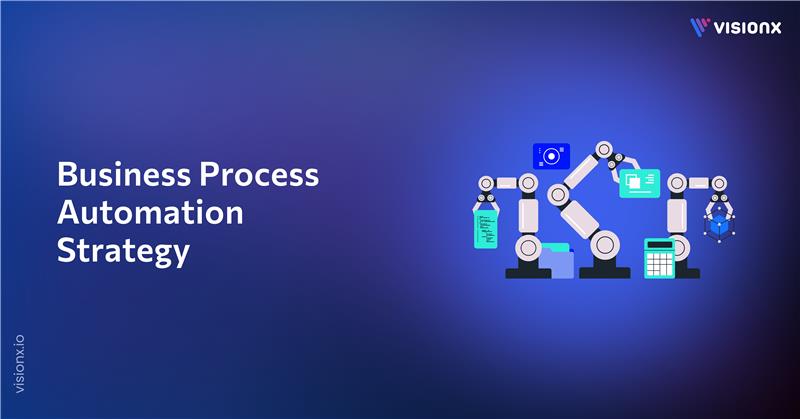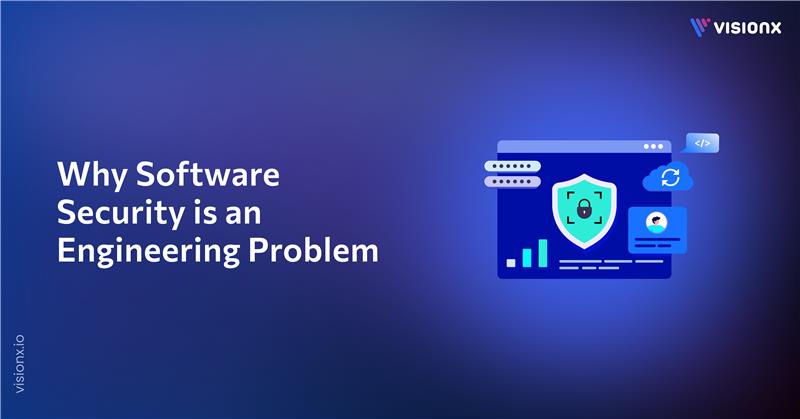Sports teams nowadays use technology like never before to find new ways to gain an edge over their competition. AI in sports is particularly transforming how sports are organized, played, and watched. It’s becoming increasingly clear that sports will never be the same once this AI revolution occurs.
Professional sports clubs are investing millions of dollars in AI, which will have a profound effect on everything from player health to tactics and strategy. Smart algorithms are providing new methods for maximizing performance and minimizing injury, whether it is by using AI to assess and compare opponents or by detecting concussions earlier. Fans are being treated to more immersive and personalized experiences due to AI-powered platforms.
AI is introducing fairer refereeing, more informed scouting of players, data-driven coaching, improving accessibility for fans watching at home, preventing injuries, and facilitating more profound engagement with sporting events. The possibilities are very exciting. All stakeholders, from coaches and managers to players and spectators, stand to benefit from AI algorithms that will enhance sports entertainment in the years ahead.
Read on to discover how AI, with the help of the latest Artificial intelligence languages, is making waves in the sports industry and what it means for the future of your favorite games.
Revolution of AI in Sports
The applications of AI in sports are diverse and transformative, fundamentally altering how we approach training, strategy, and the overall athletic experience.
1. AI in Training and Performance Analysis
AI analyzes athlete performance in ways humans can’t. It tracks movements, predicts injuries, and suggests optimal training methods. This means fewer injuries and better performance. Coaches use AI data to make informed decisions, customizing training according to each athlete’s needs.
2. Game Strategy and Tactics
AI isn’t just about physical training. It’s reshaping game strategies. By analyzing vast amounts of game data, AI helps teams uncover weaknesses in opponents. Coaches and players use these insights for real-time strategy adjustments. It’s like having a super-smart assistant coach who never misses a detail.
3. Fan Engagement and Experience
The impact of generative artificial intelligence in sports extends beyond the field. It’s revolutionizing how fans interact with sports. AI-powered apps provide personalized content, like match predictions and player stats. Virtual reality (VR) experiences bring fans closer to the action. Imagine feeling like you’re on the field, all from your living room.
4. Wearable Tech and Athlete Safety
The safety of athletes is essential. Wearable technology powered by AI tracks important metrics like heart rate and level of fatigue. By warning coaches about possible health risks, it helps to avoid serious injuries. Athletes can compete at their highest level in safety due to AI in sports.
5. Enhancing Talent Scouting and Recruitment
AI’s impact is also significant in scouting and recruitment. Traditional scouting relies on human judgment, often subjective. AI introduces a data-driven approach. It analyzes performance metrics across countless players, identifying potential stars earlier and more accurately. This technology is a boon for scouts, giving them powerful tools to uncover hidden gems.
6. Customized Nutrition and Health Plans
AI goes beyond training and tactics. It’s personalizing nutrition and health for athletes. AI analyzes data from wearables and health tests and creates customized nutrition plans. These plans consider each athlete’s unique physiology and performance goals. This personalized approach ensures athletes are at their peak, both physically and mentally.
7. Real-Time Data Analysis During Games
Imagine coaches making strategic decisions based on real-time data. AI makes this possible. It analyzes live game data, offering insights on the fly. Coaches can adjust tactics based on AI recommendations, giving teams a competitive edge. This real-time analysis is like having a chess grandmaster advising during a high-stakes match.
8. AI in Sports Broadcasting
Sports broadcasting is also getting an AI makeover. AI algorithms generate instant highlights, personalize content for viewers, and even predict exciting game moments. This technology creates a more engaging viewing experience, keeping fans glued to their screens.
The Future of Sports with AI
As AI technology advances, its role in sports will grow. We’ll see more personalized training, advanced injury prevention, and even AI referees making unbiased decisions. The possibilities are endless.
AI is not just a tool; it’s a teammate, a coach, and a fan experience enhancer. It’s changing sports as we know them, making them safer, more strategic, and more exciting.
Challenges and Ethical Considerations
While AI’s benefits in sports are clear, there are challenges.
- Data Privacy and Security: The paramount concern in AI sports applications. Athletes and teams must ensure their sensitive data is secure and used ethically. This includes health data, performance metrics, and personal information.
- Ethical Use of Technology: Preserving sports’ human element is essential. AI can improve strategy and performance, but it shouldn’t replace the skill and human effort that make sports unique. The difficult part is striking the correct balance.
- Fairness and Accessibility: It’s essential to guarantee proper access to AI technologies. Better AI tools run the risk of giving wealthy teams and athletes an unfair advantage. Strategies are needed by the sports community to create a level playing field.
- Preserving the Integrity of Sports: With AI’s predictive and analytical capabilities, there’s a risk of manipulating results. Rules and regulations must evolve to guarantee that AI enhances, rather than undermines, the integrity of sports.
- Impact on Athletes’ Mental Health: Over-reliance on AI for performance analysis might pressure athletes. It’s essential to consider the mental and emotional impact of constant data-driven examination on athletes.
- Developing AI Regulations in Sports: Clear regulations must be created by authorities as AI is incorporated into sports more and more. These should govern how AI is used, ensuring fair and ethical applications in competitions and training.
- Public Perception and Acceptance: Fans and players must accept and embrace AI in sports. To make sure that AI is viewed as a positive enhancement rather than a threat to traditional sports values, education about its role and benefits is necessary.
- Job Implications for Coaches and Analysts: AI might change roles in sports management and coaching. There’s a need to adapt and learn new skills to work alongside AI tools effectively.
- Long-term Effects and Sustainability: It’s crucial to consider the long-term impacts of AI in sports. This includes the sustainability of technology use and its effects on the future of sports culture and practices.
- Collaboration Between Technologists and Sports Experts: Successful implementation of AI in sports requires collaboration. Tech experts and sports professionals must work together to create solutions that respect the nuances of each sport.
Conclusion
AI in sports is not just a passing fad. It’s a fundamental shift in how we approach, understand, and enjoy sports. AI plays an important part in sports, revolutionizing fan experiences and improving performance. Technology will become more deeply integrated into sports as it develops, making the games we love even more exciting and captivating.
The future of sports with AI is bright. It promises a world where athletes achieve their full potential, strategies are smarter, and fans can take quick action. As we embrace this future, we see the beginning of a new era in sports—one powered by artificial and human intelligence.


